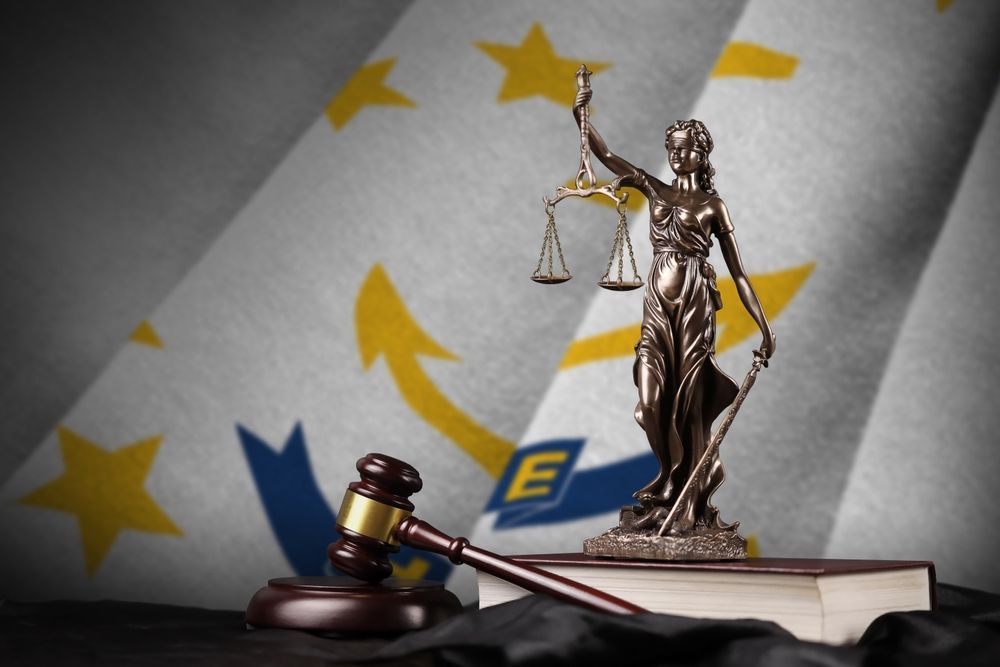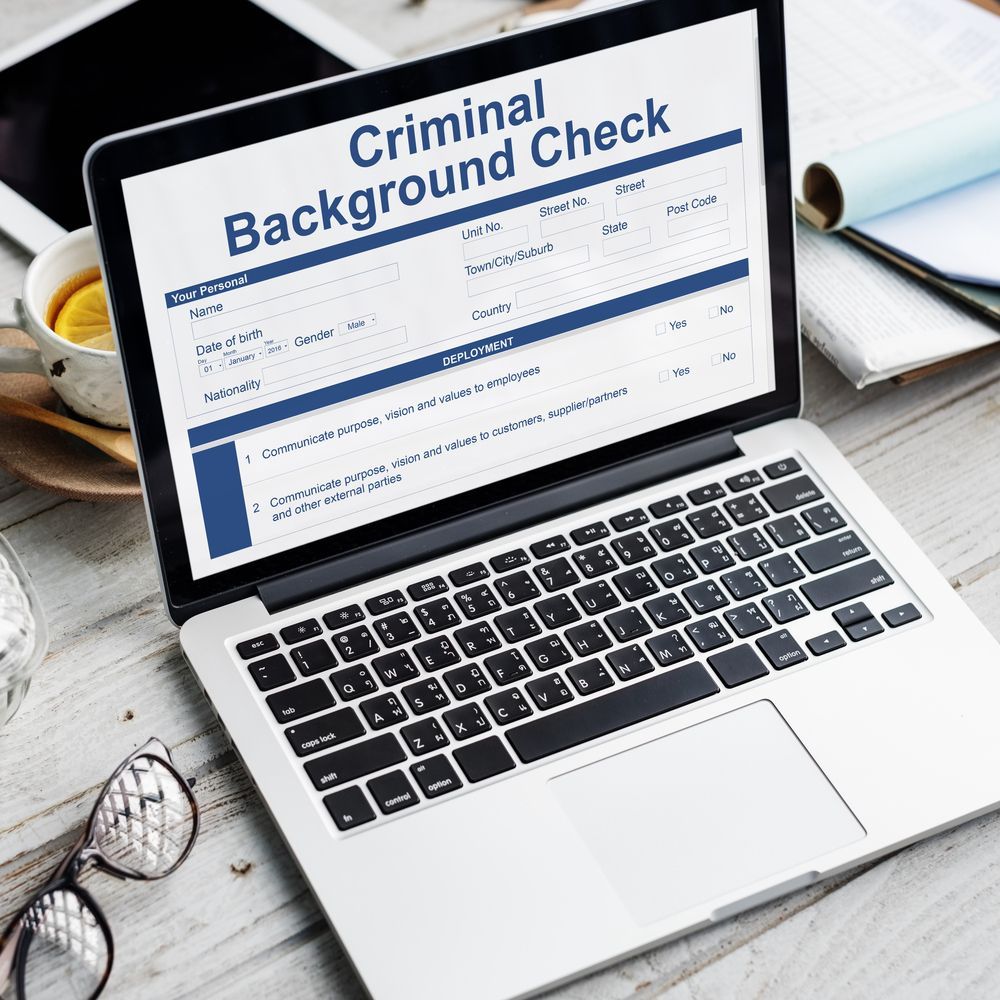Rhode Island Expungement | Clean Slate Law Rhode Island
5 September 2024
Share this article:
Written by: Eagle Eye Screening Solutions
Key Takeaways
- Rhode Island law allows some criminal arrests and convictions to be expunged or sealed. Many misdemeanors and some non-violent felonies are included.
- Sealing and expungement are by petition. Eligibility depends on previous record and evidence of good character and/or rehabilitation. Ultimately, the decision is up to the court.

Rhode Island Clean Slate Act
Under Rhode Island clean slate law, individuals may apply for expungement or sealing of certain criminal records. Eligibility depends on the nature of the record, the offense, and previous criminal record.
If a case was dismissed or not pursued, it is eligible for removal. If a person is found not guilty, the case can be sealed regardless of previous convictions.
First-time misdemeanor offenders are eligible five years after the end of sentence or probation. Repeat offenders must wait 10 years. Expungements for domestic violence or DUI are available for first-time offenders only.
First-time felony offenders are eligible after 10 years. Eligibility is not extended to repeat offenders or those who have been convicted of crimes of violence.
Expungement and sealing can only be granted by the court in response to a petition. A convicted petitioner must show good moral character and evidence of rehabilitation. The final determination is up to the judge.
After marijuana was legalized in 2022, there was mass expungement for offenses that were committed prior to that time but are no longer crimes.
Rhode Island Background Check Laws
Rhode Island is a ban-the-box state. Employers may not ask about criminal history on an initial job application. At the first interview, employers may ask about convictions but not about arrests that did not lead to convictions.
Employers must comply with the federal Fair Credit Reporting Act (FCRA). For example, they must obtain the applicant’s consent for a background check and go through an adverse action process if they choose not to hire based on the check.
Expungement in Rhode Island
Rhode Island uses two terms for its process: expungement and sealing. Expungement is the action taken after a conviction. Sealing takes place when no conviction resulted from the arrest.
In either case, the court removes the arrest or conviction from the person’s record, and it is no longer visible to the public. The person may legally state that the event did not occur. However, the record is not entirely destroyed. The information can still be available to law enforcement, the courts, and some other public officials.
What CRAs Need to Know About Clean Slate Laws in Rhode Island
Records that have been expunged or sealed should no longer be available to CRAs. If there are cases where these records have not been successfully hidden, CRAs must not report them to the employer.
Bottom Line
Expungement and sealing of arrests and convictions in Rhode Island are granted only by petition. Eligibility depends on the type of record, the nature of the offense, and the person’s previous criminal record. Petitioners may have to demonstrate good moral character and rehabilitation, and the petition is granted at the discretion of the court. Automatic expungement is not available.
Connect with Us:




